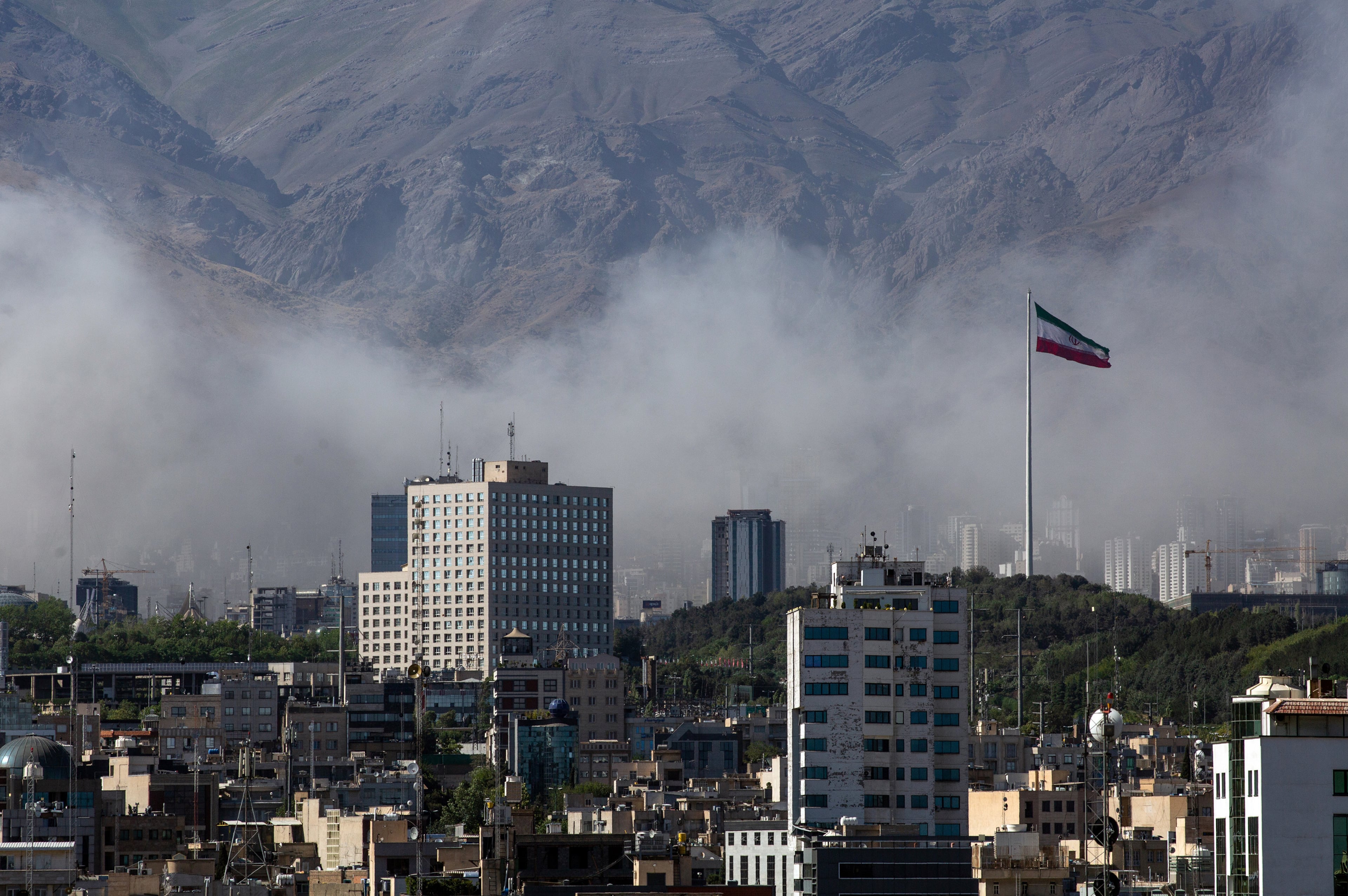Airline flight cuts in response to coronavirus take toll on travelers

Millions of travelers are trying to rebook or cancel trips as the coronavirus prompts calls to avoid discretionary travel and airlines cut flights around the world.
International travel is tightly restricted and many travelers are also canceling other trips, causing traffic to slow at Atlanta's Hartsfield-Jackson International — the world's busiest airport — and elsewhere after a hectic weekend with travelers rushing to return from Europe.
Adding to travel concerns, authorities said Monday that a security screener at Hartsfield-Jackson tested positive for COVID-19. The Transportation Security Administration said the officer last worked at the international terminal on the morning of March 7, and is now quarantined at home and receiving medical care.
When asked Monday about the prospect of restricting domestic travel, President Donald Trump said “hopefully we won’t have to do that, but it’s certainly something that we talk about every day.”
Airline industry group Airlines for America issued a statement Monday saying the spread of the disease and restrictions on air travel “are having an unprecedented and debilitating impact on U.S. airlines. Carriers have seen a dramatic decline in demand, which is getting worse by the day.” The group called for federal grants, loans and tax relief for airlines.
“We’re going to back the airlines,” Trump said during a press briefing Monday, but he didn’t provide specifics.
Atlanta-based Delta Air Lines — the largest U.S. carrier by revenue — has now stopped flying most of its routes from Europe, and is next halting flights on a number of Latin American routes in response to government restrictions there.
Many people are still struggling to reschedule trips and dealing with uncertainty and frustrations with flooded airline phone lines and websites. Some can’t get through on Delta’s phone lines at all.
Ben Kaiser, who is in Ecuador teaching a course for three weeks, is worried about whether he’ll be able to fly back to the United States as planned.
“When things really started to go sideways,” said Kaiser, in reference to mounting uncertainty, he thought, “I need to get back to my family.”
Most of the options he found to fly home earlier “were ridiculously expensive.” Kaiser said he tried calling Delta multiple times but couldn’t get through. “There’s a huge amount of anxiety.”
He said much of the focus from Delta seemed to be on how passengers can get refunds for future bookings, but “some of us want to get back home.”
For other travelers trying to return home from overseas, concerns about crowds at airports and on the remaining flights still operating are also heightening anxiety at a time when officials are urging social distancing to prevent spread of the disease.
Wait times for Customs processing and health screening at Hartsfield-Jackson over the weekend weren’t as bad as at some other airports around the country such as Chicago O’Hare. But additional health screening for certain travelers prompts some to worry about making it to their connecting flights in time.
Wait times at Hartsfield-Jackson averaged 3 to 48 minutes on Sunday, depending on the time of day. But during busy periods a few travelers waited more than an hour and a half.
The U.S. government has banned entry by foreign nationals from Europe, while Americans traveling from Europe are subject to enhanced screening and will be asked to self-quarantine for 14 days upon return. Delta is continuing a limited schedule of European flights to Atlanta from hubs in Paris, Amsterdam and London.
Travel from China is also restricted, and other countries are closing their borders.
Delta said Friday it will cut back flights by 40% — the largest reduction in its history — and as of this week is eliminating nearly all flights to Europe for the next 30 days.
"Here we have an event that's triggering a decline in both business and leisure…the declines have been across the board in both," said Delta President Glen Hauenstein when the airline announced plans to cut flights across its network.
American Airlines is slashing its international flights by 75%.
United Airlines, Delta’s other main rival, is cutting its flights by 50% in April and May. Even with those cuts, the company expects planes to be only 20%-30% full — “and that’s if things don’t get worse,” United said in a memo to employees Sunday.
Rachel Swanson, a traveler who grew up in Roswell and now lives in Columbia, S.C., booked an earlier return flight to Atlanta from Bali, cutting her honeymoon a week short, “because we weren’t sure what was going to happen with future international travel.”
“We wanted to get back before we got stuck over there. It just seems like it’s getting worse and worse,” she said. “It kind of put us in a little bit of a panic.”
Swanson managed to reschedule her flight and was en route back home Monday.
Others haven’t been as lucky.
On Delta, for example, the hours-long waits or hang-ups on customer service phone lines have become so severe that Delta is asking travelers not to contact the airline unless they are planning to travel in the next 72 hours.
“We know customers trying to contact us are experiencing extremely long wait times,” Delta CEO Ed Bastian said in a note to customers Sunday evening.
To try to reduce the volume of calls, Delta is taking the unusual step of saying if you don’t take your flight, your ticket number will automatically become an eCredit within 24 hours, which can be used for travel until Dec. 31, 2020.
Many hotel reservations can be canceled if it’s more than 48 to 72 hours in advance.
AirBnB said it will allow cancellations and refunds for reservations made by March 14 for check-ins March 14-April 14. VRBO said refunds for its vacation home rentals are based on the homeowner’s cancellation policy, and encouraged homeowners and property managers to adopt more flexible cancellation policies and offer refunds to those who want to cancel.



